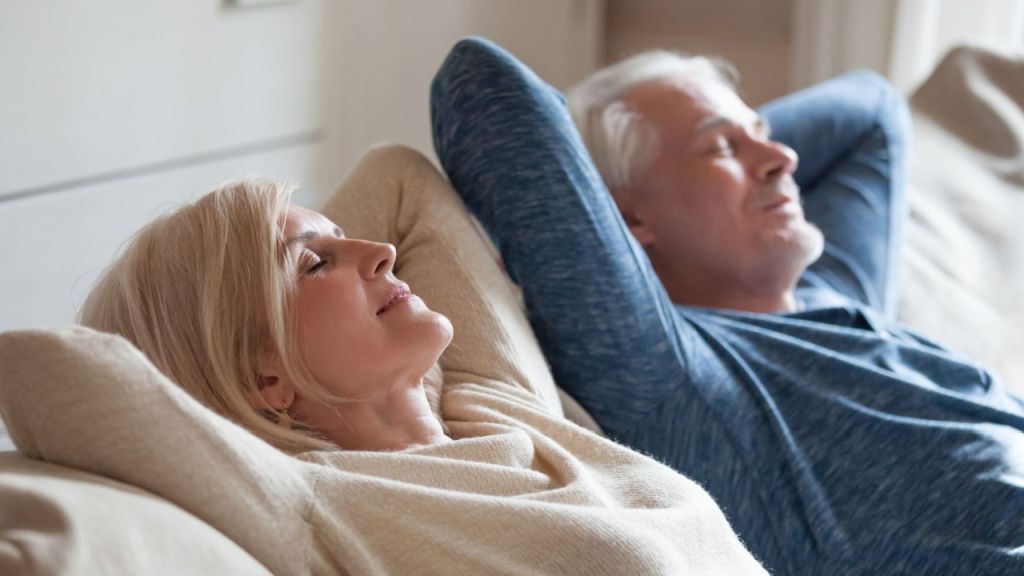How Better Sleep Boosts Your Health and Well-Being

Sleep is one of the most important functions of our bodies, yet many of us don’t get the sleep we deserve. Scientists recommend that adults should get at least seven hours of sleep; however, only 67% get the recommended amount of sleep.
People often prefer social activities, work, and other obligations to sleep. But sleep is essential to overall well-being and health, particularly for our immune function, mood regulation, cognitive performance, and weight management.
In this post, we will explore the concept of sleep hygiene and how it affects our health.
Helps With Weight Loss
According to research conducted in 2020, people who slept less than seven hours had a 41% increased risk of developing obesity. On the other hand, people who slept longer didn’t develop that risk.
The influence of sleep on weight gain is believed to be affected by numerous factors, such as motivation to exercise and hormones. For instance, insufficient sleep is thought to increase ghrelin levels, the hormone that stimulates hunger, while reducing leptin levels, the hormone that signals fullness. Ghrelin is a hormone that makes us feel hungry, while leptin makes us feel sated. This is one of the reasons why we are hungry and why we overeat.
These findings are supported by another study in 2020, which showed that sleep-deprived individuals tend to have bigger appetites and eat more calories. To compensate for the lack of energy caused by sleep deprivation, people may crave food high in sugar and fat.
Improves Concentration and Productivity
Performance, productivity, concentration, and cognition are all negatively affected by sleep deprivation. Research involving overworking doctors is an excellent example. It has been found that overworking physicians with moderate, high, and very sleep-related impairment were 54%, 96%, and 97%, in that order, more likely to commit significant medical errors.
On the other hand, getting enough sleep can boost academic performance in young adults and children.

Can Maximize Athletic Performance
Proper sleep can improve problem-solving skills, muscular endurance, muscular power, reaction time, and fine motor skills. However, lack of sleep may enhance your risk of injury and motivation to workout. Therefore, getting enough sleep might be just the thing you need to take your performance to the next level. If you want to try some alternative methods when it comes to boosting your muscle mass, you can test cjc-1295 dac 10mg and see what results you can accomplish.
Mental Benefits of Proper Sleep
Besides physical benefits, a good night’s sleep has a lot of important mental benefits. It plays a crucial role in managing our emotions, cognitive functions, and mood. Poor sleep has been linked to depression, anxiety, and increased irritability.
Many of these symptoms are bidirectional, which means that while poor sleep causes previously mentioned conditions, all these conditions can also lead to poor sleep habits. To fight all these issues, good sleep hygiene helps us manage our mood and boost overall emotional well-being.
How to Improve Your Sleep?
Improving sleep may take some time and effort, but the benefits are well worth it. Here are a couple of tips on how to accomplish the best results.
Set up a consistent sleep schedule: make sure you wake up and go to bed at the same time, even during weekends.
Set up a proper environment: make sure your bedroom is quiet, dark, and cool in temperature. It is also important to have comfortable bedding and a high-quality mattress.
Avoid electronics and stimulants before bed: this includes nicotine, alcohol, and caffeine before bedtime. Turn off all your electronic devices at least one hour before you go to bed, and let your brain relax and enter sleep mode.
Work on relaxation techniques: experiment with various relaxation techniques like progressive muscle relaxation, meditation, and deep breathing to calm your body and mind.
Work out regularly: regular exercise will help you fall asleep faster and reach a deep sleep. But don’t work out close to bedtime because you will raise your adrenaline level.
Limit naps: if you have issues falling asleep at night, avoid taking long naps during the day.





















